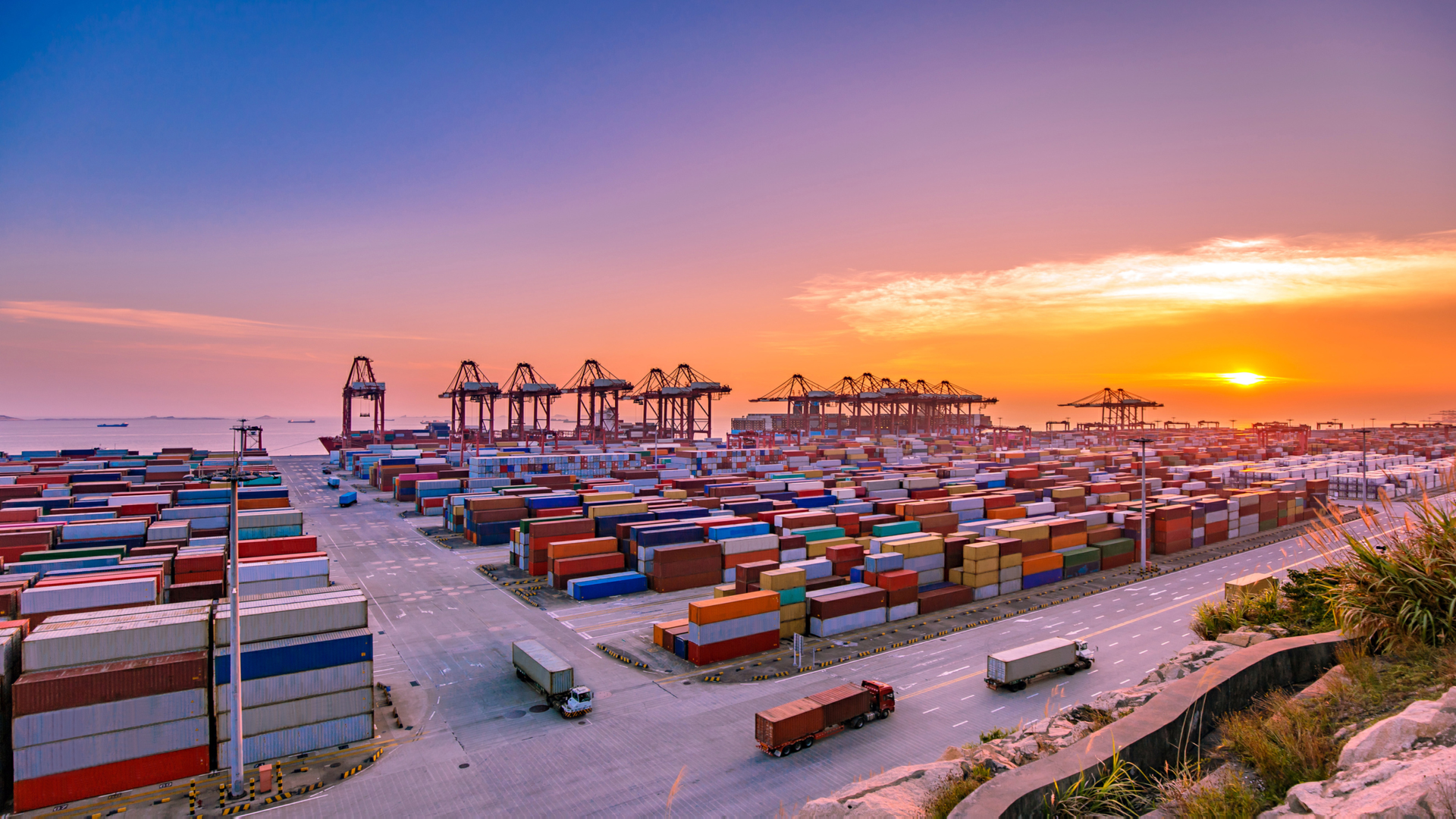Developments and trends
Delivering the SDGs in the Decade of Action marked by volatility and uncertainty

The United Nations declared 2020-2030 the “Decade of Action” to deliver the Sustainable Development Goals (SDGs) in an effort to demand greater urgency and ambition and to accelerate action and delivery of solutions.
COVID-19 has abruptly disrupted this momentum and poses a significant threat to progress on the SDGs while the world find itself the most profound economic and societal crisis it has seen over the last century. These disruptions have come in an already highly volatile international context marked by geo-strategic tensions, the climate crisis, deep and growing global mistrust, as well as rising levels of inequality.
While immediate efforts focus rightly on how to minimize loss of life and mitigate the impact on health, wellbeing and people’s livelihoods, it is also important that we bear in mind the negative impacts to which the crisis is contributing across the broader spectrum of sustainable development, in particular poverty, food security, inequality and education. And we also need to continue to explore the roles that the private sector, governments, civil society, and individuals play in mitigating these.
Consequently, the SDGs, and the pathway to prosperity for people and planet that they represent are, in many ways, more important than ever before. The Goals should be at the forefront of our thinking as we plan our long-term response and recovery from COVID-19; they provide us with a ready-made universal framework to help realize our collective ambition of building back better.
In this context, several important developments and trends are set to guide business interactions with the SDGs the coming years:
Daring business to step up action
While the private sector has advanced greatly over the last five years in aligning sustainability strategies and reporting with the SDGs, studies show a persistent gap between ambition and action, suggesting that business is not realizing its potential to contribute to the SDGs. According to UNGC and Accenture’s 2019 CEO study, 71 % of CEOs agree that business can play a critical role in delivering the SDGs but only 21% of CEOs see business fulfilling this leadership role. In addition, UNGC’s recent progress report suggests that the majority of business still lag behind in embedding the SDGs across all business departments and integrating them into strategic decision making.

SDG reporting and benchmarking continue to make their mark
The SDGs have brought a new dimension to sustainability disclosure, with GRI und UN Global Compact providing a number of resources aimed to help business align corporate reporting with the SDGs.
Additionally, the World Benchmarking Alliance (WBA) has established publicly-available global benchmarks to measure and compare the performance of leading companies when it comes to the SDGs. The first set of benchmarks has been published throughout 2019 and more will become available in 2020, including: food and agriculture, climate and energy, digital inclusion, gender equality and empowerment.
WBA has also revealed the SDG2000, a list of the 2000 most influential companies which collectively make up half of the entire global economy and are responsible for $43trillion in revenue. Companies are categorized across seven transformation systems: (1) Circular, (2) Decarbonization and energy, (3) Finance, (4) Digital, (5) Food and agriculture, (6) Social and (7) Urban

Solidification of finance mechanisms and reinforced investor interest
Mechanisms geared towards financing SDG impact have gained significant momentum over the past few years. The World Bank in particular continues to issue SDGs bonds aimed to support projects that are aligned with SDG targets. The UN Principles for Responsible Investment (PRI) have issued a framework to guide investments into SDG outcomes. The UN Environmental Program’s Finance Initiative (UNEP FI) together with UNGC have provided roadmap for corporate finance to help companies integrate the SDGs into mainstream investments and guidance on how to leverage capital markets for the SDGs. In addition, in the understanding that the achievement of the SDGs require a surge in financing, the UN Secretary General has set a three-year roadmap to help mobilize financing the 2030 Agenda for Sustainable Development.

Key developments and progress at national level
Developments at national level continue to progress. Among the most comprehensive review mechanisms are the Voluntary National Reviews (VNRs), where UN member states are encouraged to conduct national assessments as a basis for the regular reviews by the high-level political forum (HLPF). To date, a total of 205 VNRs are publicly available with some countries already having completed a full review multiple times.
The Sustainable Development Solutions Network (SDSN) and the Bertelsmann Stiftung issue the Sustainable Development Report, which presents the SDG Index and Dashboards for all UN member states and frames the implementation of the SDGs in terms of six broad transformations. It is prepared on an annual basis and provides important information on the level of implementation and progress on the SDGs for all UN member states. It also contains data on changes over time in SDG indicators, the future of the SDGs amidst Covid-19, as well as calculations for trajectories until 2030.
Take a look at more country specific insight from our Global Network partners.


